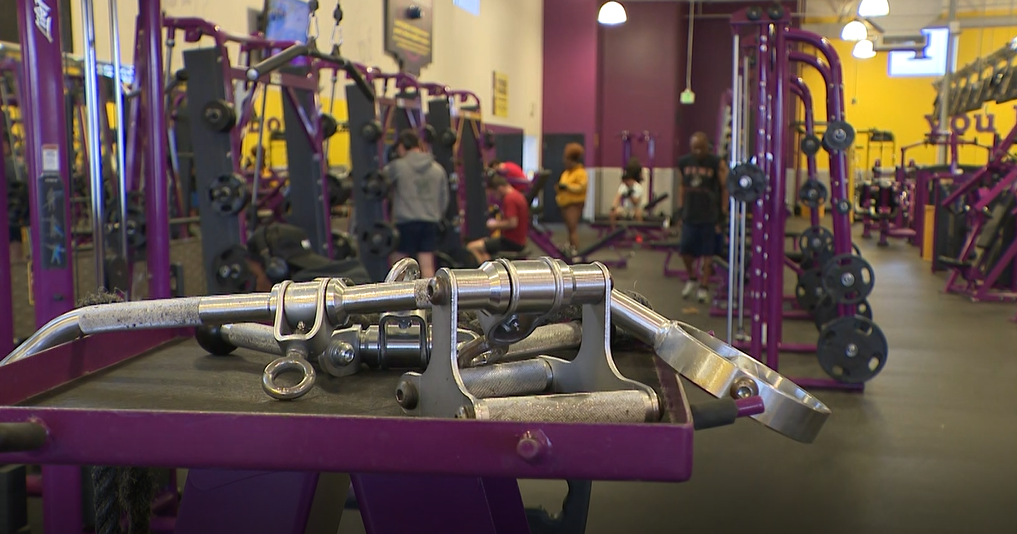Genetic Tests On Lung Cancer May Someday Guide Treatment
PITTSBURGH (KDKA) -- Lung cancers are not all the same. Part of the difference is in the cancer's genetics.
"There can be genes that predict that you're more likely to respond to chemotherapy. Genes that predict a greater risk of spread to other parts of the body," explains Dr. Jane Raymond, a cancer specialist at Allegheny General Hospital.
Of the two major types of lung cancer, small cell and non-small cell, the more common is non-small cell. Surgical removal of the tumor is often standard, but what about chemotherapy and radiation?
In some cases it's clear cut.
"If the tumor is larger, if the lymph nodes are positive, we know those patients benefit from having adjuvent chemotherapy, which is chemotherapy after surgery," Dr. Raymond says.
In cases where the tumor is still small with no spread, it's not so clear.
The problem is, in half of the patients, the cancer will come back. This group would benefit from chemotherapy. The other half, if they took the powerful cancer-killing medicine, they would get no benefit and perhaps only side effects.
A new test, studied in the United states and China, analyzes the DNA of the lung cancer cells. Specific genes are thought to be associated with an increased likelihood of the cancer returning.
Two studies of more than a thousand people with non-small cell lung cancer, published in the journal The Lancet, shows this test outperforms traditional tests.
"Right now we go by looking at the tumor under the microscope, size of the tumor, and the number of lymph nodes," Dr. Raymond says.
But it's not quite ready for widespread use. Further research has to show that these genes really do make a tumor more risky, and that chemotherapy really does keep the cancer from recurring.
"I think it's the wave of the future. Certainly, we're doing that in breast cancer, and we're looking at it in colon cancer, prostate cancer; so, I think this is the next step," Dr. Raymond says.
RELATED LINKS:
More Health News







